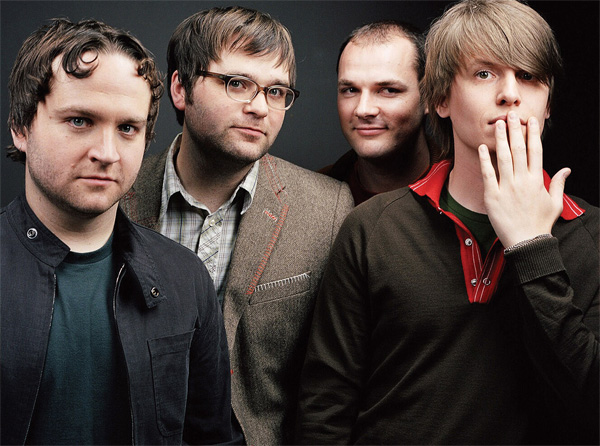Existentialist Comparison Essay

http://www.youtube.com/watch?v=sV4r47lctV4
Based on the American Heritage Dictionary, Existentialism is defined as “a philosophy that emphasizes the uniqueness and isolation of the individual experience in a hostile or indifferent universe, regards human existence as unexplainable, and stresses freedom of choice and responsibility for the consequences of one’s acts.” In The Stranger, Meursault goes through life with very little excitement, and acts as if there is no meaning to his life. He sees everything in his life as he wants to see it, and it is all based on his perception. He also is stuck in many absolute systems in his life until the end, when he breaks free of them and becomes a true existentialist. For most of his life, he lives a life filled with absurdity, with no meaning. “Church” by Outkast and The Stranger by Albert Camus are connected by three existential ideas: Absurdity, Authenticity, and Absolute Systems.
In both mediums, absurdity is one of the main themes. Absurdity is the idea that there is no meaning to life or anything. In the opening lines of the song, the question is posed “why are we here, what is the meanin to all of this?” The speaker in this song is wondering what the meaning of life is, or if there is one at all. For most of his life, Meursault has a similar view towards life, but instead of wondering if there is meaning, he accepts that there is not meaning in his life. When Meursault says “…nothing mattered, and I knew why. So did he. Throughout the whole absurd life I’d lived… (Camus 121)” After killing the Arab and being sentenced to death, Meursault realizes how meaningless his life was. He even uses the word “absurd” to describe his life; showing how he believes his life was truly meaningless. Meursault’s comment about his meaningless life and Outkasts’s lyrics that question the meaning of life both bring up the idea of absurdity.
In both the book and the song, authenticity is a clearly visible idea. Authenticity is the idea that one decides what the truth is in their life, and, to a person, the world is how they perceive it and their life is based off of their choices. In the second verse of the song it says “Life, is nothing but a dream, so peaceful and serene, Unless you’re being evil then you on the devil’s team, Well you perceive what you want to believe.” This refers to how one perceives their life, and a person can see what they want to believe. Also, it refers to the choices a person makes, if one is good, their life can be peaceful and serene, but if they are evil then their life will be negative. Meursault shows this idea of authenticity when he says “I had been right, I was still right, I was always right. I had lived my life one way and I could just as well have lived it another. I had done this and I hadn’t done that. (Camus 121)” The first sentence of this quote shows how Meursault believes he was always right about everything, showing how he decides what is true in his life, as what he believes is right may be wrong to someone else. Then in the next two sentences he refers to how he made the choices that make up what his life his, which shows how he believes that his life happened the way it did completely because of the choices he made, and it could have turned out differently had he made different choices. Meursault’s feeling that he is always right is exactly what Outkast was referring to when saying “You perceive what you want to believe,” because Meursault believes he is always right, and that is all he knows.
The last theme that can be seen in both the book and the song was Absolute Systems. Absolute systems are organized systems that control peoples’ lives, usually by enforcing rules or regulations. Near the end of the song, Big Boi says “Talk to the coach or break out the huddle.” This refers to making a change in your life in order to “break out of the huddle.” The huddle could be considered your everyday routine, which is controlled by absolute systems. The huddle in the book is essentially Meursault’s boring, absolute system filled life. He breaks out of it when he kills the Arab, going against the laws and moral rules of the world, which are ruled by absolute systems (Camus 59). In the song, the speaker talks about breaking out of absolute systems, and in the book, Meursault actually breaks out of a few absolute systems that he is in.
The three ideas that are talked about in “Church” by Outkast are shown in The Stranger, during and after Meursault kills the Arab. Absurdity is shown in both, as the song wonders why we are here, and Meursault is very blunt in saying that life is meaningless. In the song, Outkast talks about how a person is in the life that they chose and that the want to live in, which Meursault agrees with, and believes his life is exactly how he wanted it to be. Absolute systems are also referred to in both, the song believes that one should get out of absolute systems, and in the book, Meursault breaks out of his absolute systems. In conclusion, “Church” by Outkast and The Stranger by Albert Camus both have strong agreeing existentialist themes.
 Comparing The Stranger and existentialism to Edguy’s “King of Fools
Comparing The Stranger and existentialism to Edguy’s “King of Fools
